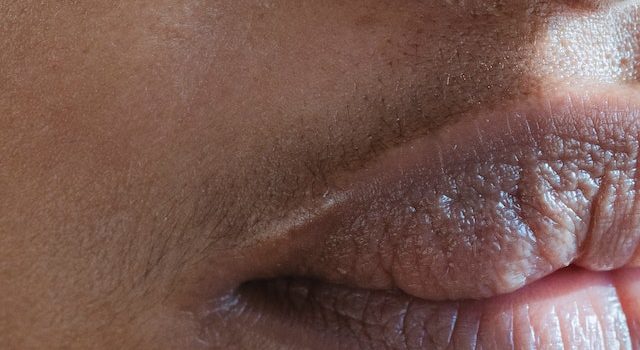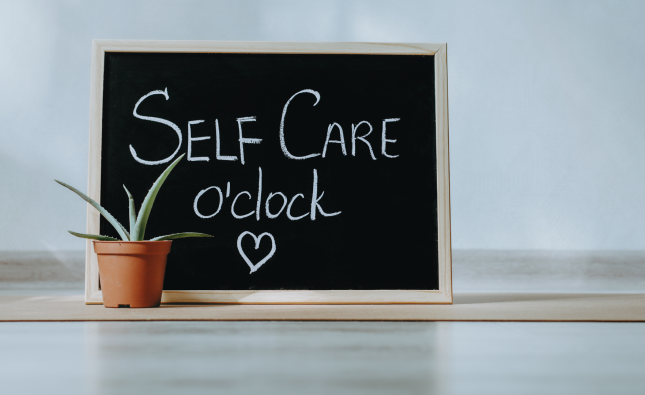
Introduction:
Blackheads are a common skin concern that can affect individuals of all ages and skin types. These small, dark spots, also known as open comedones, occur when hair follicles become clogged with excess oil, dead skin cells, and debris. While blackheads are typically harmless, they can be frustrating and impact one’s self-esteem. In this article, we will explore the formation of blackheads, their underlying causes, and effective treatment options to help you achieve a clearer complexion.
Understanding Blackhead Formation:
Blackheads develop when the opening of a hair follicle becomes clogged with a combination of sebum (natural oil produced by the skin), dead skin cells, and bacteria. Unlike whiteheads, which are closed comedones, blackheads are open to the surface, allowing the trapped material to oxidize and darken, resulting in their characteristic black color.
Factors Contributing to Blackhead Formation:
Several factors can contribute to the formation of blackheads. Understanding these factors can help in implementing effective prevention and treatment strategies.
1. Excess Sebum Production: Overproduction of sebum, often influenced by hormones, can contribute to the development of blackheads. Hormonal changes during puberty, menstrual cycles, or hormonal imbalances can increase sebum production, leading to clogged pores.
2. Dead Skin Cell Buildup: The constant shedding of dead skin cells is a natural process. However, when these cells accumulate on the skin’s surface and mix with sebum, they can block the hair follicles and contribute to blackhead formation.
3. Environmental Factors: Exposure to environmental pollutants, such as air pollution and cigarette smoke, can contribute to blackhead formation. These pollutants can settle on the skin and mix with sebum, exacerbating clogged pores.
4. Improper Skincare Routine: Inadequate cleansing, using heavy or comedogenic skincare products, and neglecting regular exfoliation can contribute to the accumulation of dead skin cells, sebum, and debris, leading to blackheads.
Treating and Preventing Blackheads:
While blackheads can be stubborn, several treatment options can help effectively manage and prevent their occurrence:
1. Gentle Cleansing: Cleanse your face twice daily using a mild cleanser suitable for your skin type. This helps remove excess oil, dirt, and impurities without stripping the skin.
2. Regular Exfoliation: Incorporate gentle exfoliation into your skincare routine to slough off dead skin cells and unclog pores. Look for products containing salicylic acid or alpha-hydroxy acids (AHAs) for effective exfoliation.
3. Non-Comedogenic Products: Opt for non-comedogenic skincare and makeup products. These products are formulated to minimize pore-clogging and are less likely to contribute to blackhead formation.
4. Topical Treatments: Over-the-counter treatments containing ingredients like benzoyl peroxide, retinoids, or salicylic acid can be effective in reducing blackheads. These ingredients help to unclog pores, regulate sebum production, and promote skin cell turnover.
5. Professional Treatments: In cases of persistent blackheads, seeking professional help from a dermatologist or esthetician may be beneficial. They can offer treatments such as chemical peels, microdermabrasion, or extractions to help eliminate blackheads and improve the overall condition of the skin.
Conclusion:
Blackheads can be a frustrating and persistent skin concern, but with proper understanding and treatment, they can be effectively managed. By addressing factors such as excess sebum production, dead skin cell buildup, environmental pollutants, and implementing a consistent skincare routine, you can reduce the occurrence of blackheads and achieve a clearer complexion. If blackheads persist or worsen, it
‘s always recommended to consult with a skincare professional for personalized advice and treatment options tailored to your specific needs. Remember, maintaining healthy skin goes beyond treating blackheads, so embrace a holistic approach to skincare for optimal results.










